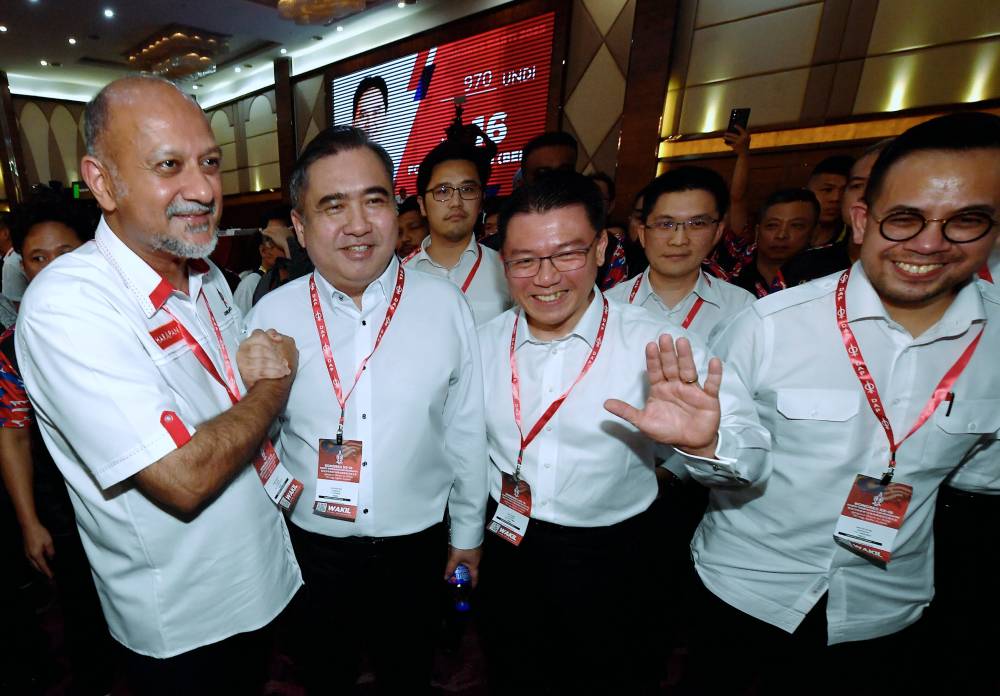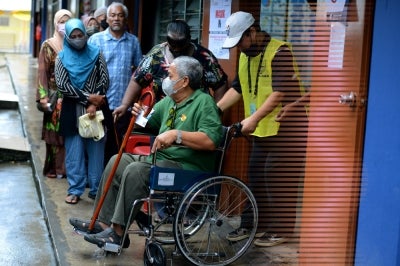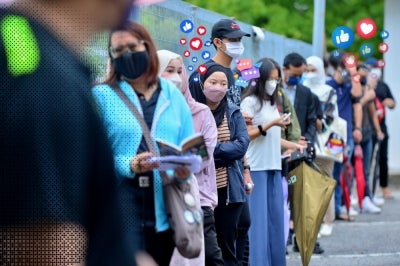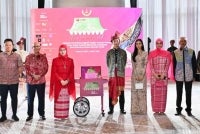Will DAP's new leadership resonate with all Malaysians?
The success of these two younger leaders represents a new phase in Malaysian politics and reflects DAP's movement towards a more inclusive structure.

SHAH ALAM - The election of Digital Minister Gobind Singh Deo as National Chairman and Transport Minister Anthony Loke as Secretary-General in the DAP Central Executive Committee (CEC) for the 2025-2028 term is a notable shift for the party.
The success of these two younger leaders represents a new phase in Malaysian politics and reflects DAP's movement towards a more inclusive structure.

For over five decades, DAP was shaped by the leadership of the Lim family, particularly Tan Sri Lim Kit Siang and his son, Lim Guan Eng.
These two individuals had significant influence on the party's direction.
During this period, DAP was often perceived as a party primarily advocating for the Chinese community.
This leadership change offers new possibilities for DAP, with a broader perspective and a more inclusive approach to Malaysia’s diverse society.
Gobind, considered a young and pragmatic leader, represents a fresh direction for the party.
His open and inclusive approach has the potential to redefine DAP’s engagement with contemporary societal needs, especially among younger people who seek change.
His focus on unity and the well-being of all Malaysians is viewed as a step towards positioning DAP as a political party that transcends narrow racial interests.
The success of Gobind and Loke indicates a change in DAP's focus.
It suggests party members now seek a shift towards inclusive nationalism, moving away from past ideologies tied to specific ethnic interests.
This new direction is expected to revitalise DAP, creating opportunities for wider acceptance, including among the Malay majority, who have historically been resistant to DAP.
Loke, another experienced young leader, is expected to strengthen DAP’s organisational structure.
His performance as Transport Minister has demonstrated his ability to manage significant challenges in national administration, building public confidence in DAP’s leadership.
This could provide DAP with a stronger foundation in national politics.
The change raises the question of whether Guan Eng's departure from the National Chairman position signals the end of the Lim family's legacy and influence within the party and national politics.
They were long central to DAP's direction. The election of new leadership shows party members desire a focus on national unity and a departure from outdated racial politics.
This success also signals that the Chinese community increasingly seeks a progressive political environment, free from racial extremism.
DAP must move towards greater inclusivity, embracing all ethnicities while respecting their interests.
DAP’s identity, often criticised for focusing on specific ethnic interests, now has the potential to become a party accepted by all Malaysians.
DAP’s primary challenge is balancing the protection of Chinese interests with the promotion of equality for all Malaysians.
This transformation offers promise, but also risk. DAP must ensure its approach remains relevant and inclusive while maintaining its core principles.
Download Sinar Daily application.Click Here!














